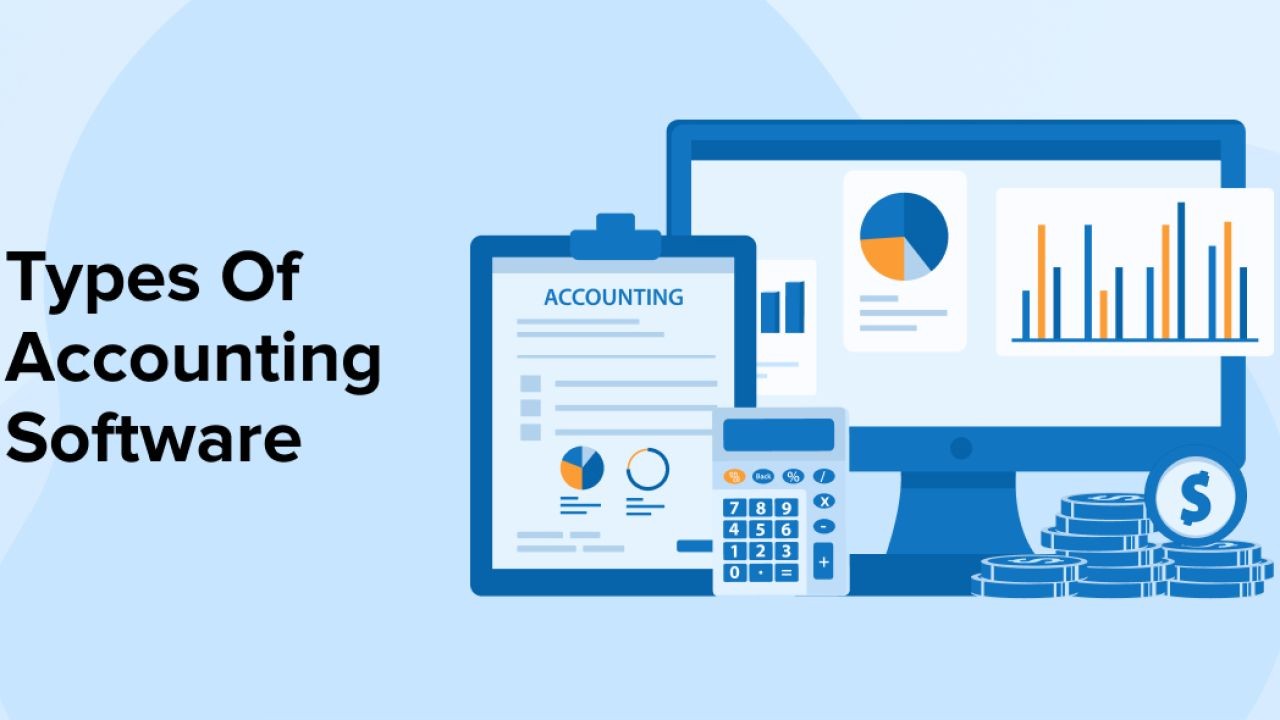In New Zealand's dynamic property market, the debate between buying a home to flip versus buying to hold is more relevant than ever. With property prices soaring and a fluctuating economy, prospective investors are left pondering which strategy offers the optimal return on investment. Examining these strategies within the context of New Zealand's unique economic landscape, this article delves into real-world examples, data-driven insights, and expert opinions to guide financial advisors and investors through this complex decision-making process.
Understanding the Basics: Flipping vs. Holding
Before diving into the specifics, it's crucial to understand the fundamental differences between flipping and holding properties. Flipping involves purchasing a property, making improvements, and selling it for a profit within a short timeframe. On the other hand, holding refers to buying a property and retaining it for an extended period, benefiting from rental income and property appreciation.
Flipping: A Quick Turnaround Strategy
Flipping properties can be an attractive option for investors looking for high returns in a short period. The New Zealand property market has seen fluctuating demand, with certain areas experiencing rapid value increases. According to Stats NZ, property prices in Auckland rose by 7.5% in 2022, showcasing potential short-term gains for flippers.
Holding: A Long-Term Investment
In contrast, holding properties is a strategy focused on long-term growth and stability. By renting out properties, investors can generate steady income while capitalizing on property appreciation over time. The Reserve Bank of New Zealand reports that rental yields in Wellington have consistently averaged around 4.5% annually, making it a lucrative option for buy-and-hold investors.
Case Study: The Flip Success Story
Case Study: A Wellington Triumph – Quick Profits from Flipping
Problem: A small group of investors in Wellington saw an opportunity in the city's burgeoning property market. They purchased a rundown property in the central business district at a below-market price.
Action: The investors undertook a comprehensive renovation, focusing on modernizing the interiors and enhancing curb appeal. Their strategy included utilizing sustainable building materials, which appealed to eco-conscious buyers.
Result: After just six months, the property was sold for a 25% profit margin. This successful flip highlighted the potential for high returns through strategic renovations and market timing.
Takeaway: Flipping can yield significant profits, especially when investors identify undervalued properties and execute renovations that align with market demands. New Zealand investors can replicate this success by focusing on niche markets and sustainable practices.
Data-Driven Analysis: Economic Factors Influencing Strategy
To make an informed decision between flipping and holding, investors must consider several economic factors:
- Interest Rates: The Reserve Bank of New Zealand's monetary policy significantly influences mortgage rates. As of 2023, the official cash rate stands at 5.0%, affecting financing costs for both strategies.
- Rental Market Trends: According to MBIE, there is a growing demand for rental properties, driven by increasing urbanization and population growth, which benefits buy-and-hold investors.
- Housing Supply and Demand: With a limited housing supply in key areas like Auckland, property values are expected to rise, providing potential gains for both strategies.
Pros and Cons: Flipping vs. Holding
To weigh the benefits and drawbacks of each strategy, consider the following:
Pros of Flipping:
- Quick Profits: Potential for rapid returns with successful flips.
- Less Exposure to Market Volatility: Shorter holding periods reduce risk from market fluctuations.
- Tax Advantages: Profits may be tax-exempt if classified as personal property sales.
Cons of Flipping:
- High Risk: Market downturns can lead to financial losses.
- Intensive Management: Requires significant time and resources for renovations.
- Transaction Costs: Legal fees and taxes can diminish profit margins.
Pros of Holding:
- Stable Income: Rental yields provide consistent cash flow.
- Appreciation Potential: Long-term holding can lead to substantial value increases.
- Diversification: Properties can be part of a diversified investment portfolio.
Cons of Holding:
- Market Exposure: Long-term volatility can impact property values.
- Maintenance Costs: Ongoing repairs and management expenses.
- Vacancy Risks: Extended periods without tenants can affect cash flow.
Common Myths & Mistakes: Navigating the Property Market
Dispelling myths and avoiding mistakes is crucial for successful property investment:
Myth: "Flipping is a guaranteed quick profit." Reality: While flipping can yield high returns, it requires market expertise and carries substantial risks, especially during economic downturns.
Myth: "Holding properties always leads to long-term wealth." Reality: Without proper management and market analysis, holding properties can result in low returns and financial strain.
Myth: "Location is the only factor that matters." Reality: Factors such as property condition, tenant demand, and economic trends are equally important in determining investment success.
Mistake: Failing to conduct thorough market research before investing. Solution: Utilize tools like CoreLogic's property data analysis to make informed decisions.
Mistake: Ignoring renovation costs in flipping strategies. Solution: Always budget for unforeseen expenses and factor them into profit calculations.
Future Trends & Predictions: The Outlook for New Zealand Investors
As New Zealand's property market continues to evolve, investors should keep an eye on emerging trends:
- Urbanization: Increasing urban population will drive demand for rental properties, benefiting buy-and-hold investors.
- Sustainable Practices: As sustainability becomes a priority, eco-friendly renovations can enhance property value, particularly in flips.
- Technological Advancements: The integration of technology in property management will streamline processes for both strategies, offering efficiency gains.
Conclusion: Making the Right Choice for Your Portfolio
Choosing between flipping and holding properties in New Zealand's real estate market requires a comprehensive understanding of economic factors, market trends, and personal investment goals. For financial advisors and investors, the key is to align strategy with market conditions and risk tolerance.
Final Takeaway & Call to Action: Whether you opt for the quick profits of flipping or the steady returns of holding, the success of your investment hinges on diligent research and strategic planning. Ready to explore the best investment opportunities in New Zealand's property market? Start by assessing your financial goals and consulting with industry experts.
Related Search Queries
- New Zealand property investment strategies
- Flipping houses in New Zealand
- Rental property market trends NZ
- Real estate investment tips for Kiwis
- Long-term vs short-term property investment
- New Zealand real estate market analysis
- Pros and cons of property flipping
- Best cities for property investment in NZ
- How to finance a property flip in New Zealand
- Impact of interest rates on NZ property market
People Also Ask
How does buying a home to flip impact the New Zealand economy? Flipping homes can boost the economy by creating jobs in construction and renovations. It also increases property values, stimulating local markets.
What are the biggest misconceptions about property investment in New Zealand? A common myth is that all property investments guarantee high returns. However, market volatility and economic factors can affect profitability.
What are the best strategies for implementing a buy-and-hold approach in NZ? Experts recommend focusing on high-demand areas, ensuring properties are well-maintained, and leveraging rental yield data for long-term success.















































DaveScarbe
2 months ago